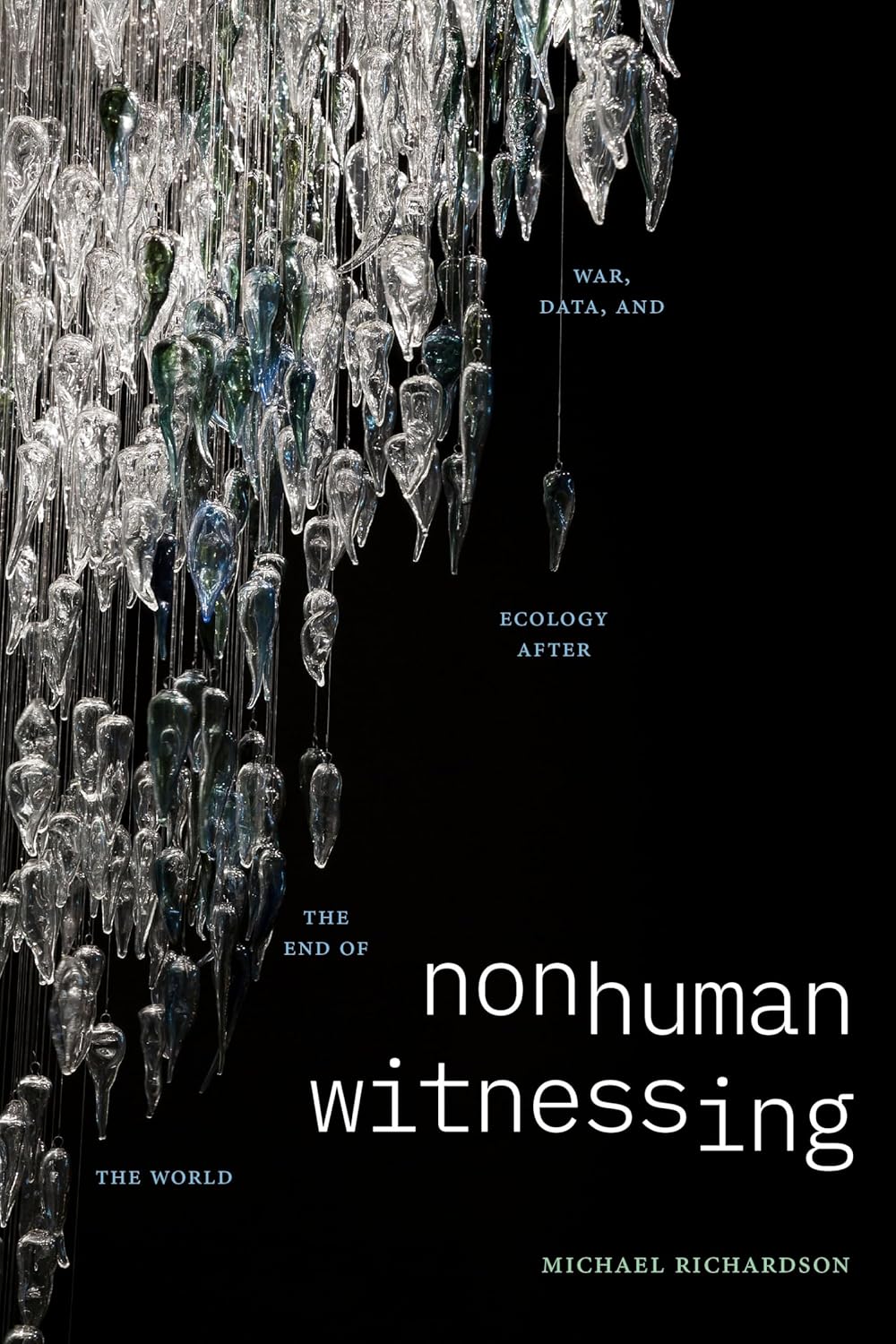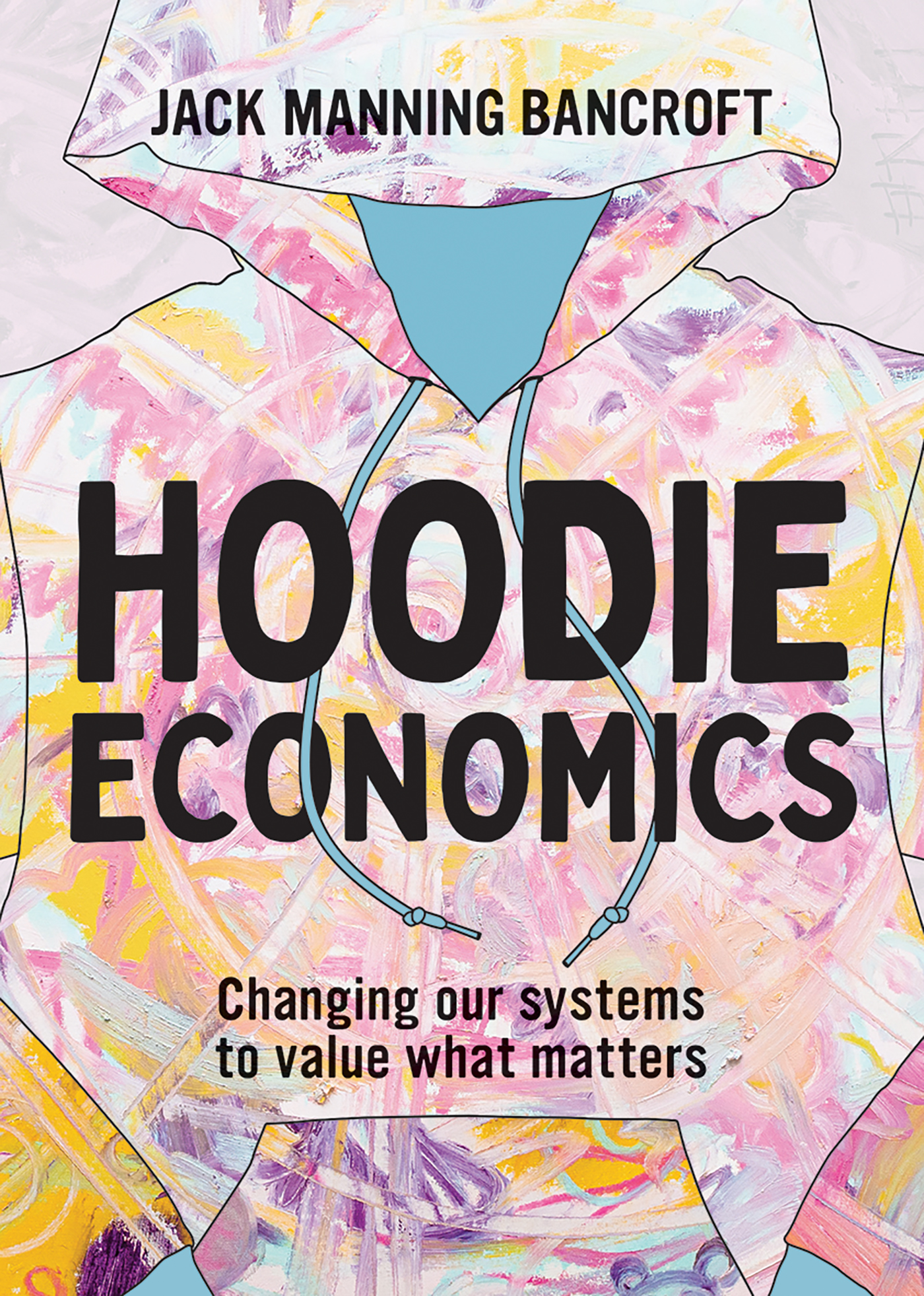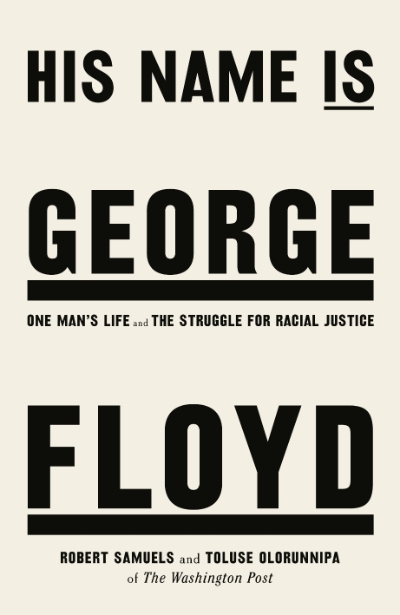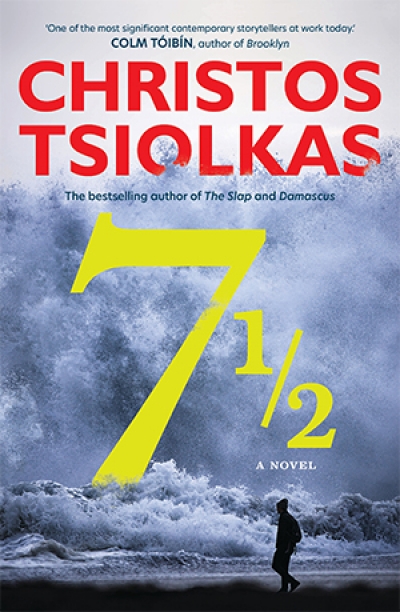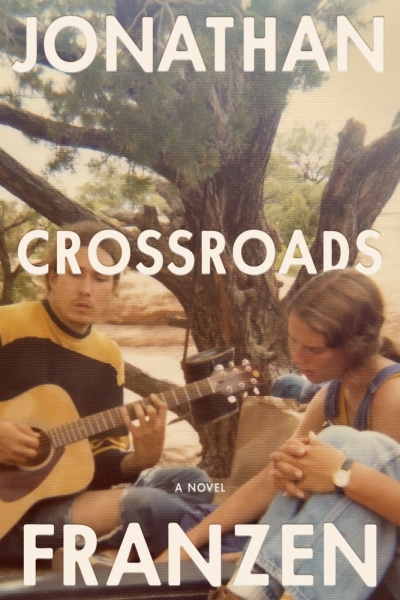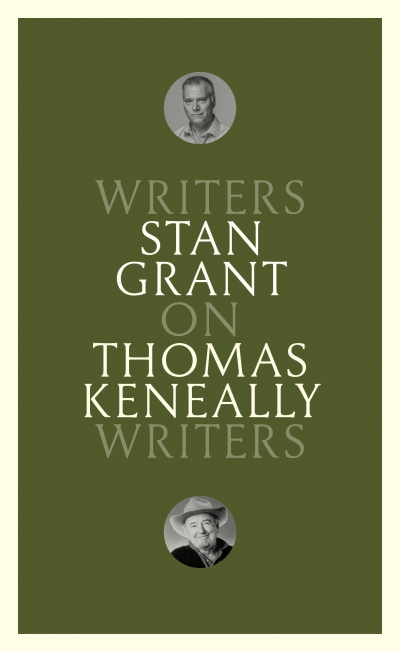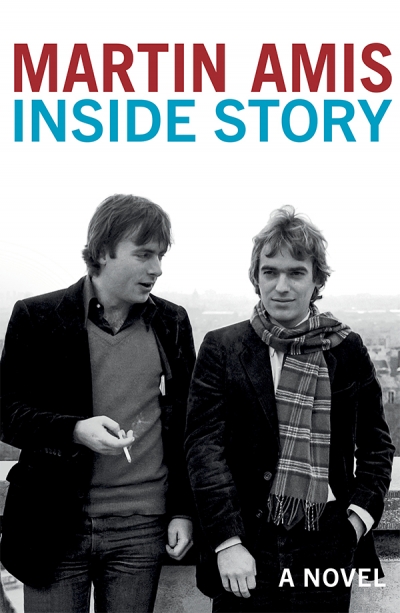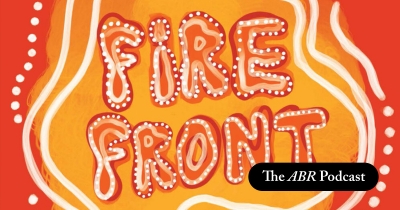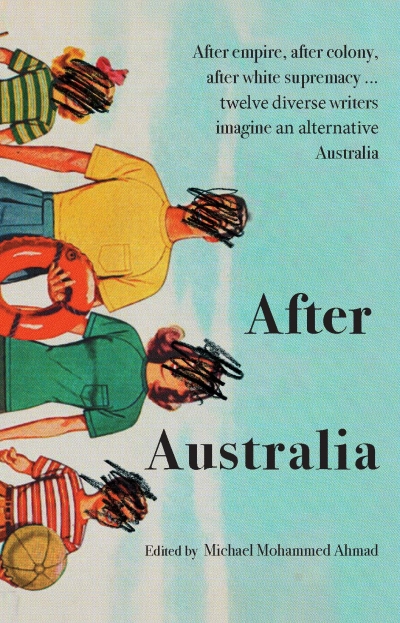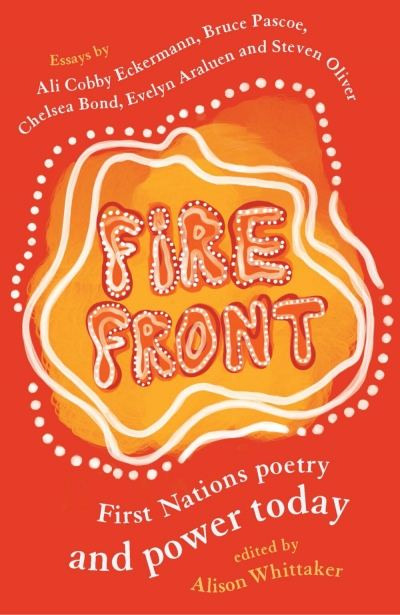Declan Fry
Film | Theatre | Art | Opera | Music | Television | Festivals
Welcome to ABR Arts, home to some of Australia's best arts journalism. We review film, theatre, opera, music, television, art exhibitions – and more. To read ABR Arts articles in full, subscribe to ABR or take out an ABR Arts subscription. Both packages give full access to our arts reviews the moment they are published online and to our extensive arts archive.
Meanwhile, the ABR Arts e-newsletter, published every second Tuesday, will keep you up-to-date as to our recent arts reviews.
Recent reviews
Nonhuman Witnessing: War, data, and ecology after the end of the world by Michael Richardson
Hoodie Economics: Changing our systems to value what matters by Jack Manning Bancroft
His Name Is George Floyd by Robert Samuels and Toluse Olorunnipa
On Thomas Keneally by Stan Grant & With the Falling of the Dusk by Stan Grant
Fire Front, edited by Gomeroi author and scholar Alison Whittaker, is an anthology of contemporary First Nations poetry. Featuring several eminent Australian writers – including Ellen van Neerven, Tony Birch, Alexis Wright, and many more – this collection serves as a testament to the contemporary renaissance of First Nations poetry. It is divided into five thematic sections, each introduced by an essay written by a prominent Aboriginal writer and thinker, such as Bruce Pascoe, Ali Cobby Eckermann, and Evelyn Araluen.
In this episode, listen to Declan Fry discuss Fire Front before reading his review of the book.
... (read more)
